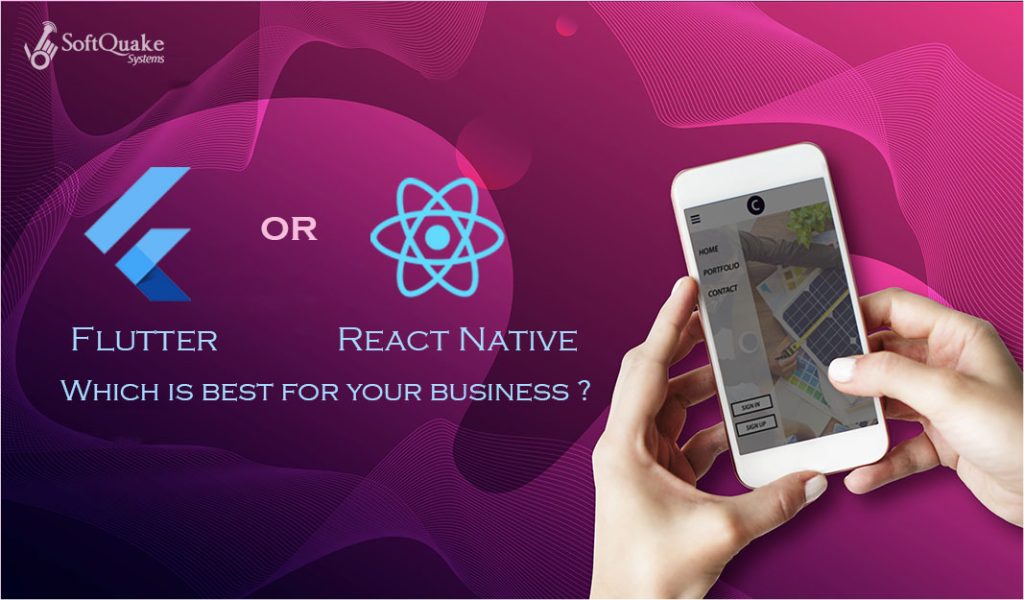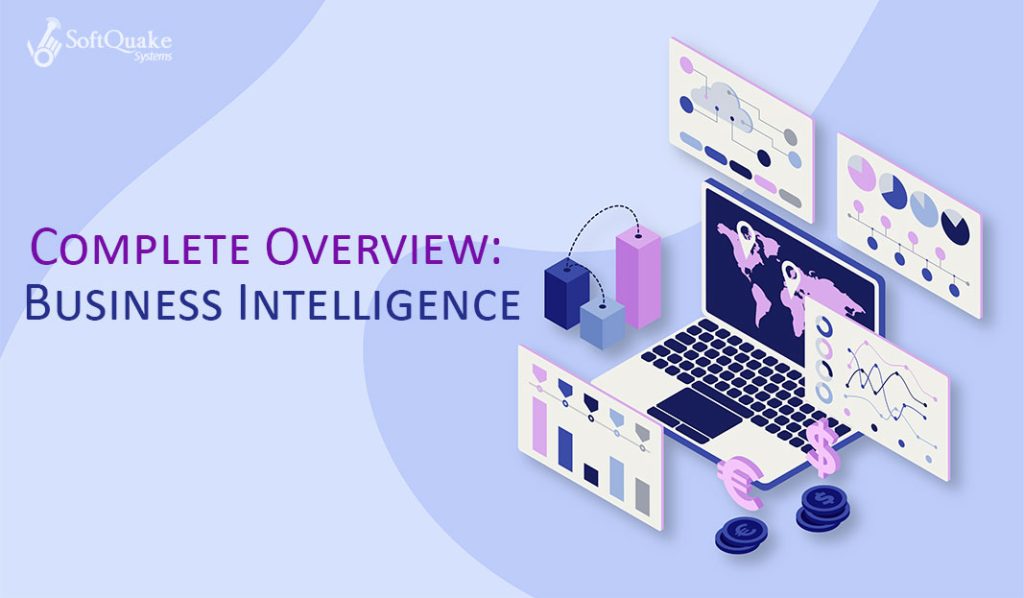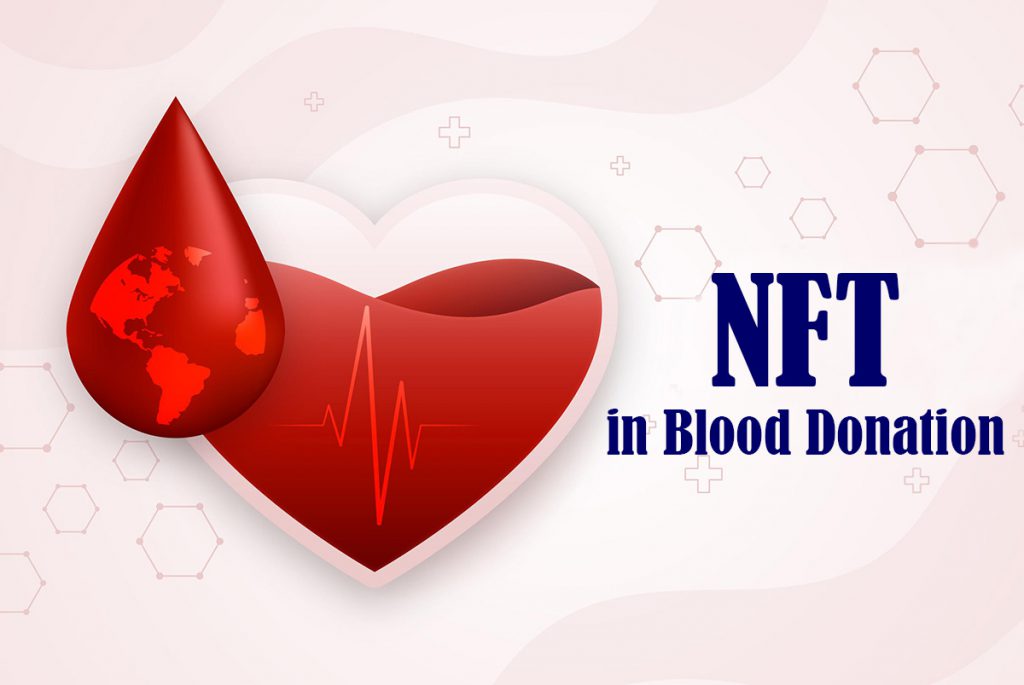Blockchain technology has the potential to revolutionize the healthcare industry by addressing some of its long-standing challenges. Here’s a look at how blockchain can be used and the hurdles that need to be overcome for wider adoption.
Challenges in Healthcare:
- Data Security and Privacy: Fragmented healthcare systems lead to data breaches and difficulties managing patient consent.
- Interoperability: Inconsistent data formats and lack of communication between healthcare providers make it hard to share patient records seamlessly.
- Drug Counterfeiting and Supply Chain Transparency: The current system is vulnerable to fake drugs and lacks transparency in tracking medications.
- Clinical Trial inefficiencies: Data management and fraud are challenges in clinical trials.
How Blockchain Can Help:
- Enhanced Security: Blockchain’s decentralized ledger makes data tampering nearly impossible, improving patient data security.
- Improved Data Sharing: Patients can control who has access to their medical records, facilitating secure and authorized data exchange between healthcare providers.
- Supply Chain Tracking: Drugs and medical equipment can be tracked throughout the supply chain, ensuring authenticity and preventing counterfeiting.
- Streamlined Clinical Trials: Blockchain can create a secure and transparent platform for managing clinical trial data, improving efficiency and reducing fraud.
Challenges in Blockchain Development for Healthcare:
- Scalability: Existing blockchain platforms might struggle to handle the massive amount of data generated in healthcare.
- Regulation: Clear regulations regarding data privacy and ownership on blockchain are still evolving.
- Integration: Integrating blockchain with existing healthcare IT systems can be complex and expensive.
- User Adoption: Encouraging widespread adoption among healthcare providers, patients, and insurers requires addressing concerns and building trust.
Overcoming the Challenges:
- Developing Scalable Solutions: Blockchain developers are working on solutions to increase transaction processing speed on the network.
- Collaborative Efforts: Collaboration between healthcare institutions, governments, and technology companies is crucial to establish clear regulations for blockchain in healthcare.
- Phased Implementation: Starting with pilot projects in specific areas can demonstrate the benefits and pave the way for wider adoption.
- User Education and Incentives: Educating stakeholders about the advantages of blockchain and creating incentives for adoption can encourage participation.
The Future of Blockchain in Healthcare
While challenges exist, blockchain holds immense promise for the future of healthcare. As technology advances, regulations adapt, and user adoption increases, we can expect a more secure, transparent, and efficient healthcare system for everyone.


 +91 8420731759
+91 8420731759















